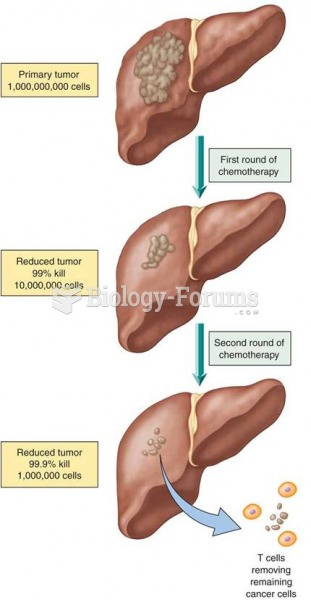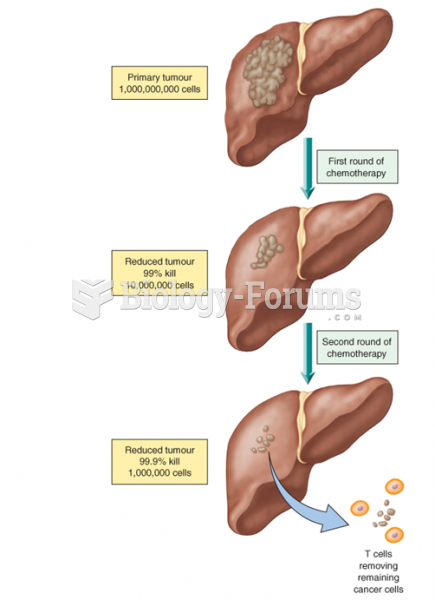Answer to Question 1
- Based both on the presentation of Othello over the course of the play and what is generally understood about the intricacies of human nature, our best response would be All of the above, and in descending order of importance as they are listed in the question.
Answer to Question 2
- Basically, Iago deceives everyone. Consider the opening lines of Act III, Scene iii:
Desdemona: Be thou assured, good Cassio, I will do All my abilities in thy behalf.
Emilia: Good madam, do. I warrant it grieves my husband As if the cause were his.
Desdemona: O, thats an honest fellow.
Cassio, himself from Florence, says of Iago: I never knew / A Florentine more kind and honest (III, i, 3637). Iago himself explains his success as a deceiver at line 60 of the very first scene of the play, when the rather slow-witted Roderigo wonders why he continues to serve Othello after being denied promotion:
In following him, I follow but myself Heaven is my judge, not I for love and duty, But seeming so for my peculiar end.
For when my outward action doth demonstrate
The native act and figure of my heart
In compliment extern, tis not long after
But I will wear my heart upon my sleeve For daws to peck at. I am not what I am.
He finds it to his advantage to keep his real self deeply hidden and never let anyone else suspect his true nature. Most interestingly, in the last five lines of this passage, he equates revealing ones true self with extreme vulnerabilitywhich is not surprising, since his own schemes and machinations thrive on exploiting the personal characteristics that Othello, Cassio, and Roderigo are foolish enough, in his view, to show to the world.







